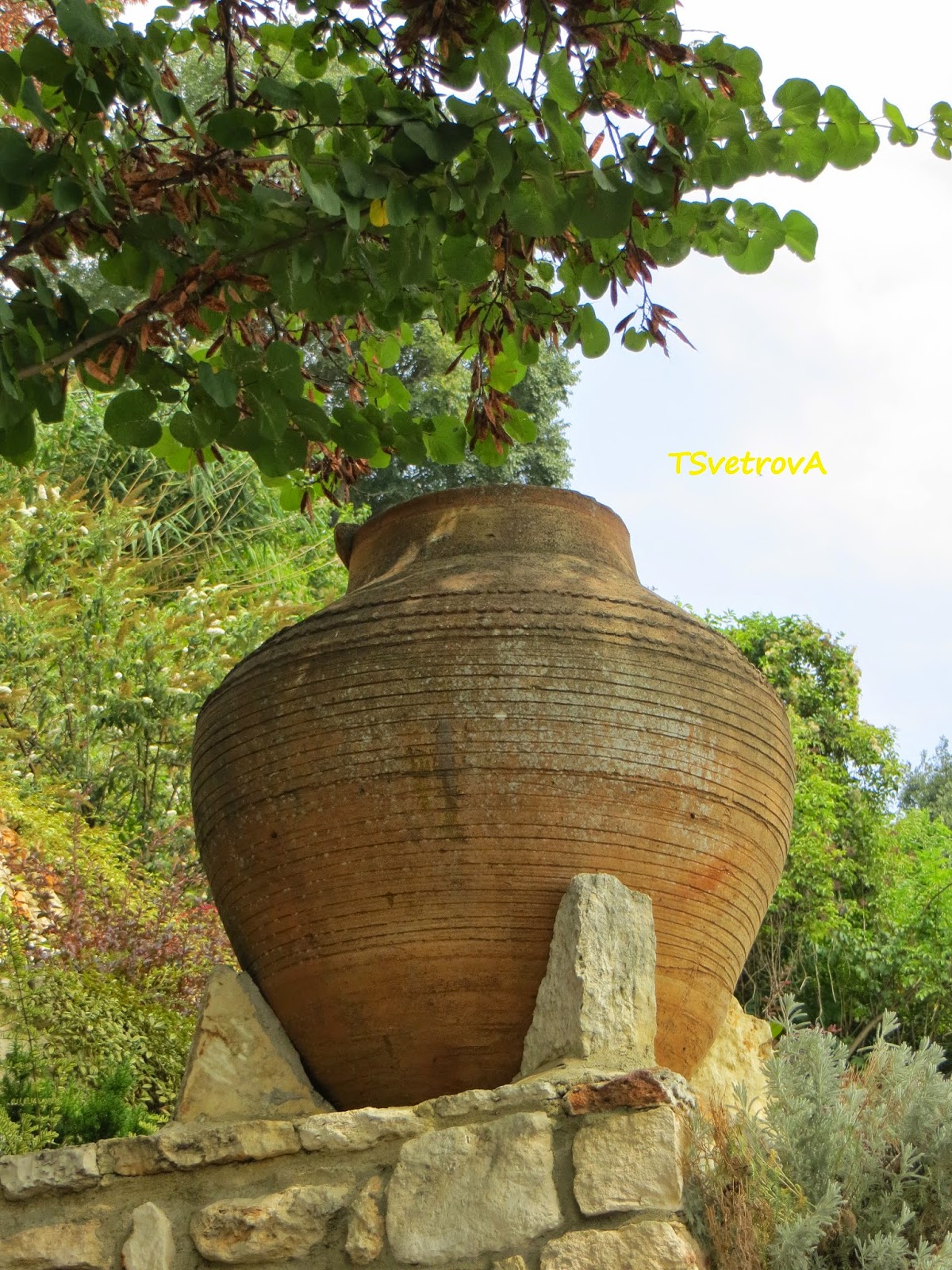Humans and the divine in Bacchae
Among
reading tasks and watching special videos, the participants of the course were
to fulfill writing assignments.
My peer evaluator shared his/her
view upon my work in the following way: “The essay answers question 4 by giving
both a general reasoning supplemented with specific examples. I also found the
way the student weaves in structuralist and functionalist arguments very well
thought out. Although answering such a broad question as this would seem to
pose a great difficulty, the student manages to be succinct in a very coherent
and easy to understand way. Strong writing style, no grammatical or spelling
mistakes. The student chooses very interesting and relevant points, both from
the reading and from her/his understanding to make the point. The lines from
the Bacchae chosen to supplement the argument are interesting and on-point.
Again, wonderful use of tools from the mythological tool-box: gave both a
structuralist and functionalist perspective.”
I
am flattered J
Now
I want to share my essay.
The relationship
between humans and the divine in Bacchae
Despite fantastic power, the Greek gods and goddesses have such
recognizable human feelings as pride, love, jealousy and the thirst for revenge.
The deities often leave Mount Olympus to become involved in the affairs of
mortals, interacting with the mortals as their patrons,
revengeful enemies or even lovers.
 |
| Dionisus, Louvre |
In the Bacchae written by Euripides
we can observe complicated relations between a new Olympian god, the son of
Zeus and the mortal Semele, named Dionysus, and a king of Thebes named Pentheus.
 |
| Pan, a companion of Dionysus, Louvre |
It is notable that in comparison to
some other tragedies in this very work an Olympian god plays an exceptionally
active part. The reader finds Dionysus a cunning god introducing a new way of worship. He is
manipulative. He plays with the king as if the least was his puppet. “In this business I was playing with him - he
thought he was tying me up, the fool!” (J.Johnston,72). Dionysus is revengeful towards human; he dresses rational and repulsive Pentheus
up and sends him to death by his own mother. “Pity me, mother, don’t kill your child because
I’ve made mistakes”(J.Johnston,128).
 |
| Death of Pentheus, Louvre |
From the structural point of view, we
see the opposition between old and new-coming traditions, old and new perception of
the world of the youth and the old. So in
the Bacchae the reader sees Pentheus’ complete rejection of the god “Don’t
infect me with your madness. As for the one who in this foolishness has been
your teacher, I’ll bring him to justice” (J.Johnston,17). Pentheus does not admit bacchanalia,
he is against the new way of behaviour of his mother and his female relatives “claiming they’re Maenads busy
worshipping” (J.Johnston,23).
While the elder
generation, represented by a former king of Thebes, Cadmus and an old prophet
named Tiresias, accepts Dionysus. They are eager to worship him by dancing,
singing, consuming wine etc. “We’re the only ones
whose minds are clear. As for the others, well, their thinking’s wrong”
(J.Johnston,24).
Considering
the functional tool, the Bacchae tragedy keeps a social rule of being like
others. The social norm produces a space where it is fine to violate normal
social practice. Dionysus’s Cult is explained as a new way of social behaviour.
Thus, collective effervescence is well shown through dialogues of main
characters and remarks made by Chorus.
All
in all, in Bacchae the reader follows a constant struggle between a hard-edged rationalism
and the divine presence. Dionysus warns Pentheus all the time, persuading him
that there is a new powerful god. “Dionysus sent me—the son of Zeus…I warn
you—you shouldn’t tie me up”, however, Pentheus does not believe the
stranger, and remains deaf: “I’m more powerful than you, so I’ll have you put in
chains” (J.Johnston,123-127). This contradiction leads to the tragic ending of the king
and the subsequent exile of his relatives out of Thebes. Unfortunately, common
sense of Pentheus is overset by a new tradition. “You’re quite ignorant of why
you live, what you do, and who you are” (J.Johnston,129).
 |
| Amphora for Wine, and the author of the article =) |
More on my vlog
https://www.youtube.com/channel/UCyTK9Id2VFpjuodaDNkTd4w
https://www.youtube.com/channel/UCyTK9Id2VFpjuodaDNkTd4w




Comments
Post a Comment